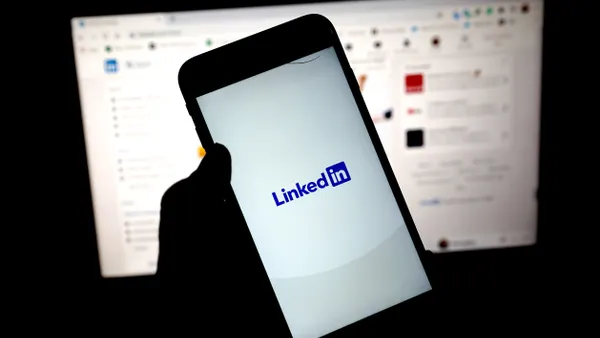In the winter of 2018, organizational psychologist Adam Grant met with the leaders of a number of Fortune 500 companies and unicorn startups to pitch what was then still an innovative idea: remote work on Fridays. “Every leader I pitched balked at the idea,” he described during Rewriting the Future of Work, a webinar hosted by Grammarly and The Harris Poll on June 7.
“What a big missed opportunity to think again,” Grant went on. Rather than thinking “like scientists,” which he described as being motivated to look for reasons why they might be wrong instead of why they must be right, employers often fall back into three mindsets: that of a preacher, a prosecutor or a politician. “When you are in preacher mode, you are proselytizing your views. In prosecutor mode, you're attacking somebody else's. And in politician mode, you only listen to people that already agree with your views,” he described.
“A good scientist has the humility to know what they don't know, and the curiosity to seek out new knowledge,” Grant said. “And there's a growing body of evidence that if we train leaders and managers to think like scientists, they actually make better decisions.”
These decisions can come just as much from HR as other aspects of the organization, like product design and marketing. Grant described the growing problem of “Zoom fatigue,” in which people working remotely become exhausted by the demands of videoconferencing. “Some of it has to do with the fact […] that we’re expending a lot of cognitive and emotional energy trying to send and receive all these glitchy signals of facial expressions and body language.”
A growing body of research suggests that simply allowing people to turn their cameras off some of the time can reduce burnout and improve engagement, Grant explained. “If you're with a small group of people you already know well, you don't need to look at each other's faces all the time … So let's rethink ‘cameras on by default.’”
Setting boundaries on meetings is another change employers should be open to, Grant said. He referenced the research of Harvard Business School Professor Leslie Perlow, who found that instituting “quiet time,” in which employees could work uninterrupted — no meetings, calls or messages — helped them drastically up their productivity.
Grant also pointed to the fact that, while employers are largely focused on questions surrounding where to work, employees are even more interested in the freedom to control when and how to work, as well as what they work on and with whom they work.
Grant referenced an example from a company called Morning Star, which makes tomato products. “When they hire you, they give you the job description of your predecessor,” he said. “And then they say after a year, you can rewrite your own job description … But they imposed two constraints to make that flexibility work for people. One is that you have to explain how your revised job is going to still advance the mission. And two, you have to go to the five to 10 people you're most interdependent with, get their buy-in and convince them that this is a better version of your job for the collective, not just for you personally.”
Employers who experiment more, provide workers with autonomy and invest in employees’ well-being “are not only going to see greater retention in the long run, they're also going to end up with better attraction of talent and higher motivation of people who are in their organizations,” Grant said.
While experimentation sometimes fails, many leaders have spoken recently about ways experiments have succeeded, bolstering Grant’s points. Lucy Suros, CEO of Articulate, recently spoke to HR Dive about the company’s “human-centered organization framework” and applying her background in ethics to people management — an approach that has helped the company make several “best places to work” lists. And executives who helped their companies move to a four-day workweek told HR Dive the shift has boosted productivity, supported engagement and reeled in talent.
“I know that it's difficult to make a permanent commitment right now because so much is changing as the world of work evolves right under our feet,” Grant said. “But it is the perfect window to put on your scientist goggles, to develop some new hypotheses and then to put them to the test so you can figure out what works.”












